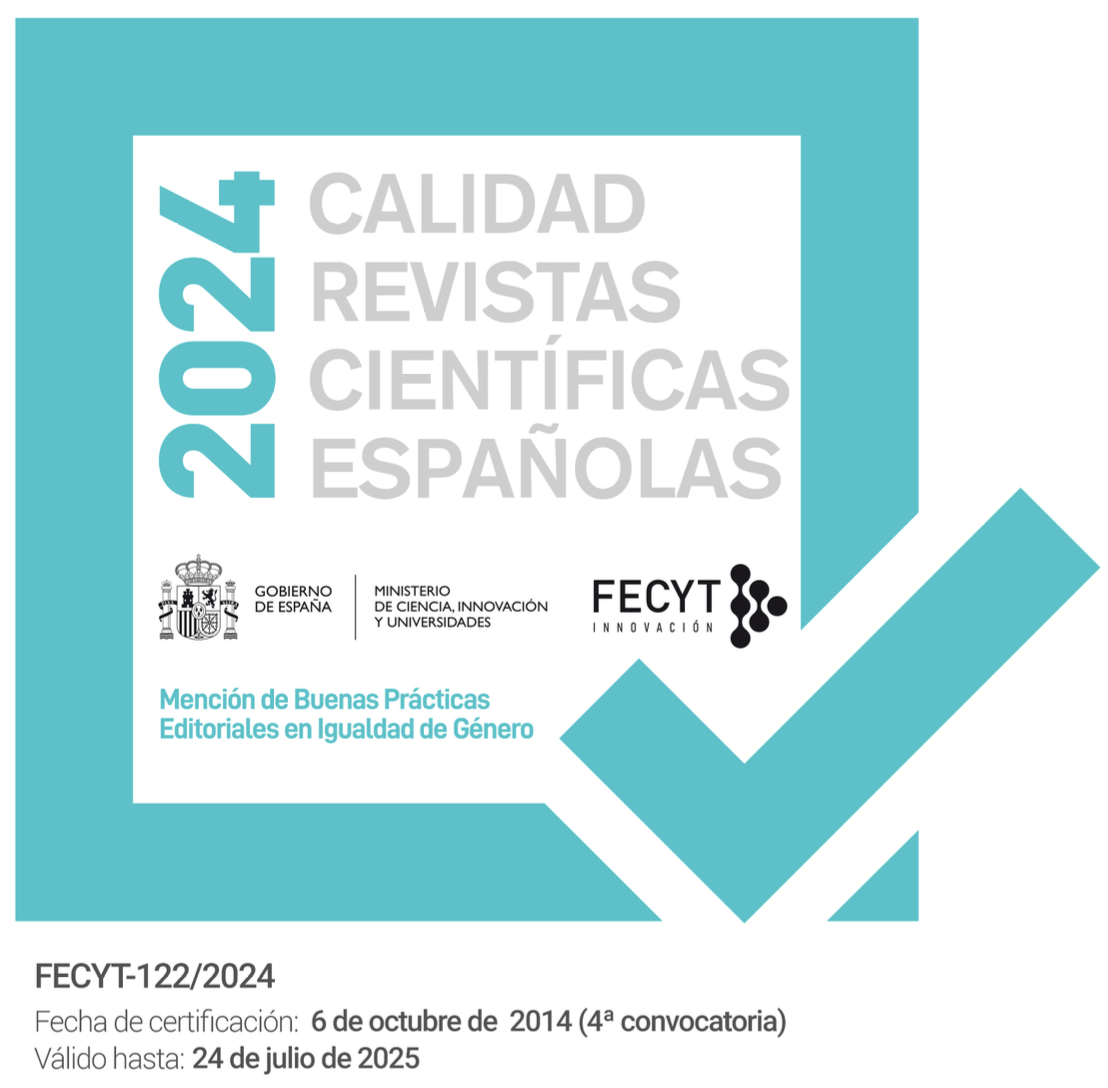
Atlantis has also been awarded the quality seal for "Good Editorial Practices in Gender Equality”.

Atlantis has adopted an Online First model with the aim of speeding the publication process. Articles are citable with their DOIs and online publication date. Once an article is assigned to an issue, page numbers will be provided.
Atlantis. Journal of the Spanish Association for Anglo-American Studies
ISSN: 0210-6124 | e-ISSN: 1989-6840 © The Authors
Contact | Privacy Statement | Copyright Notice
